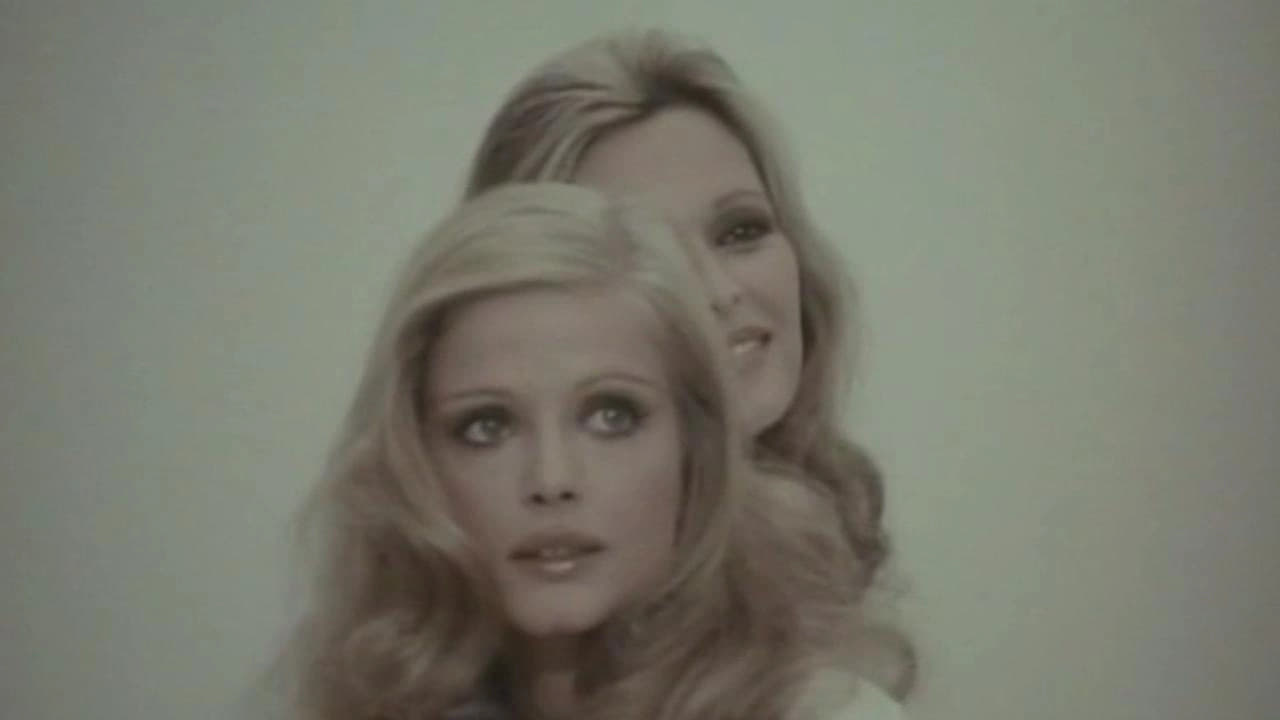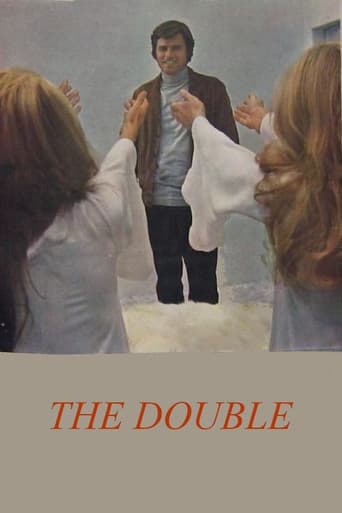Mjeteconer
Just perfect...
Mabel Munoz
Just intense enough to provide a much-needed diversion, just lightweight enough to make you forget about it soon after it’s over. It’s not exactly “good,” per se, but it does what it sets out to do in terms of putting us on edge, which makes it … successful?
Calum Hutton
It's a good bad... and worth a popcorn matinée. While it's easy to lament what could have been...
Sarita Rafferty
There are moments that feel comical, some horrific, and some downright inspiring but the tonal shifts hardly matter as the end results come to a film that's perfect for this time.
christopher-underwood
This is all most enjoyable if insubstantial. It looks good and sounds good throughout. Jean Sorel effective, as ever, without seeming to put himself too far out. Just a raised eyebrow is often all he needs to do to convey to us his thinking. Bit bewildering at times with much flashing back and forth but the two ladies help, both Lucie Bose and Ewa Aulin as mother and daughter are easy on the eye, in and out of their clothes. Many films of this time had prolonged sequences somewhere in them where half naked lovers ran along a beach or galloped horses in the surf or ran into sunlight through cornfields but this film, at times, seems to consist of just those dreamy (but insignificant) moments.
jrd_73
I saw this under the title Love Inferno about five months ago. It begins with a man, Giovanni, being shot in a parking garage. What did he do to deserve this fate? The film flashes back to show how things went wrong for this playboy. While on honeymoon in Africa, Giovanni meets the sexy mother of his (attractive) wife. Since the mother is played by Lucia Bose, I can understand the guy's predicament. The mother-in-law is, needless to say, appalled by the advances of her daughter's new husband and instead takes up with a young hippie type. Jealousy and frustration follow. I was certain where the film was going but turned out to be only partially right. Ewa Aulin, certainly no wallflower either, plays the wife. After only five months, I'm having a hard time remembering much about the film. It was okay but don't expect an erotic thriller - the film is lacking on both counts.
The_Void
Like Luigi Cozzi's The Killer Must Kill Again, and Aldo Lado's Short Night of the Glass Dolls, Romolo Guerrieri's The Double has tried to do something a little different with the common Giallo formula, and like the latter film; this one isn't entirely successful, although it's certainly an intriguing take on Italy's finest style of film-making. The plot is narrated via a series of flashbacks, and while this gives the film a rather disjointed feel, the talented director ensures that every scene flows well and is relevant to the plot. The focus of this movie isn't on murder, despite someone being shot in the opening scene and it's always clear that the characters are the star of this show. The film revolves around Frank; the man shot at the beginning, as he lies in a pool of blood, he thinks back to how he got into that position - a story that centres on the mother of his nineteen year old girlfriend. Frank is an architect living off his father's allowance and he's also a jealous lover. He doesn't like his girlfriend seeing an American holidaymaker, also staying in Morocco - but he also can't resist the lure of his girlfriend's sexy mother...The Moroccan locale that makes up the first part of the movie is beautifully shot, and director Guerrieri delights in overlapping his beautiful scenes with a catchy score from Armando Trovajoli. The film doesn't include a lot of tension or suspense, but The Double does manage to retain the viewer's interest by way of the characters' motivations. The film bathes in the glow of the people in the story, and this is one of the movie' strongest elements. The Double is brought to life by Jean Sorel, who takes the lead role. While his character is something of an interloper between the others in the plot, Sorel does well with what he has. Lucia Bosé and Ewa Aulin are both good as the female leads, and the director delights in capturing as much of their flesh as possible. The fact that the movie doesn't feature the stylish murders or exciting chase sequences that have made the sub-genre famous will leave some disappointed; and I've got to say that's true for me. Films such as The Forbidden Photos of a Lady above Suspicion have proved that sex and characters can carry a Giallo, but this one doesn't quite manage it. However; The Double is an interesting film and one that fans of Giallo will not want to miss.
Oliver Lenhardt
First I must confess that I'm not a big fan of gialli. I've seen enough of them to know that they almost invariably play gleefully on the audience's prurient and senselessly violent impulses, and, to boot, a good percentage of them are inept in the filmmaking department. There usually isn't much of interest for someone looking for quality cinema. THE DOUBLE is one of the exceptions.The film shares its flashback structure with Claude Sautet's poignant French drama LE CHOSES DE LA VIE. In addition, "The Double" would be a very fitting companion piece to Aldo Lado's MALASTRANA, a giallo which it closely resembles, and which also stars Jean Sorel.Frank (Sorel) is an indolent playboy living off proceeds from his father's business. As the film begins, Frank drives his Citroen into a Rome parking garage and is shot by a mysterious bearded man. The remainder of the story is a series of flashbacks, as the dying Frank recollects how he arrived at his present circumstance: Frank was married to the lovely but dimwitted Lucia(Ewa Aulin), but secretly pined after her mirror-image, more sophisticated mother Nora(Lucia Bose). When Nora became involved with an American drifter, Eddie(Sergio Doria), Frank was green with envy. Things spiral out of control....but not as one would expect. By the climax, the moral comes into focus: Keeping one's passions unchecked can lead to ruin. Not exactly a new notion, but it's intriguingly explored here."The Double" is not without its flaws. The (customarily, for an Italian film) incongruous folk music and the anything-goes attitude towards sex and lounging about are badly dated; early sections of the film are languorous and convoluted; the final scene is not quite clear, at least in the version I saw. I would love to see a subtitled incarnation of the film, as dubbing is oft disconcerting and poorly recorded.Director Romolo Guerrieri is the real star of the proceedings. His commanding style and aplomb with the intercutting is impressive. There are countless striking visual flourishes throughout.

